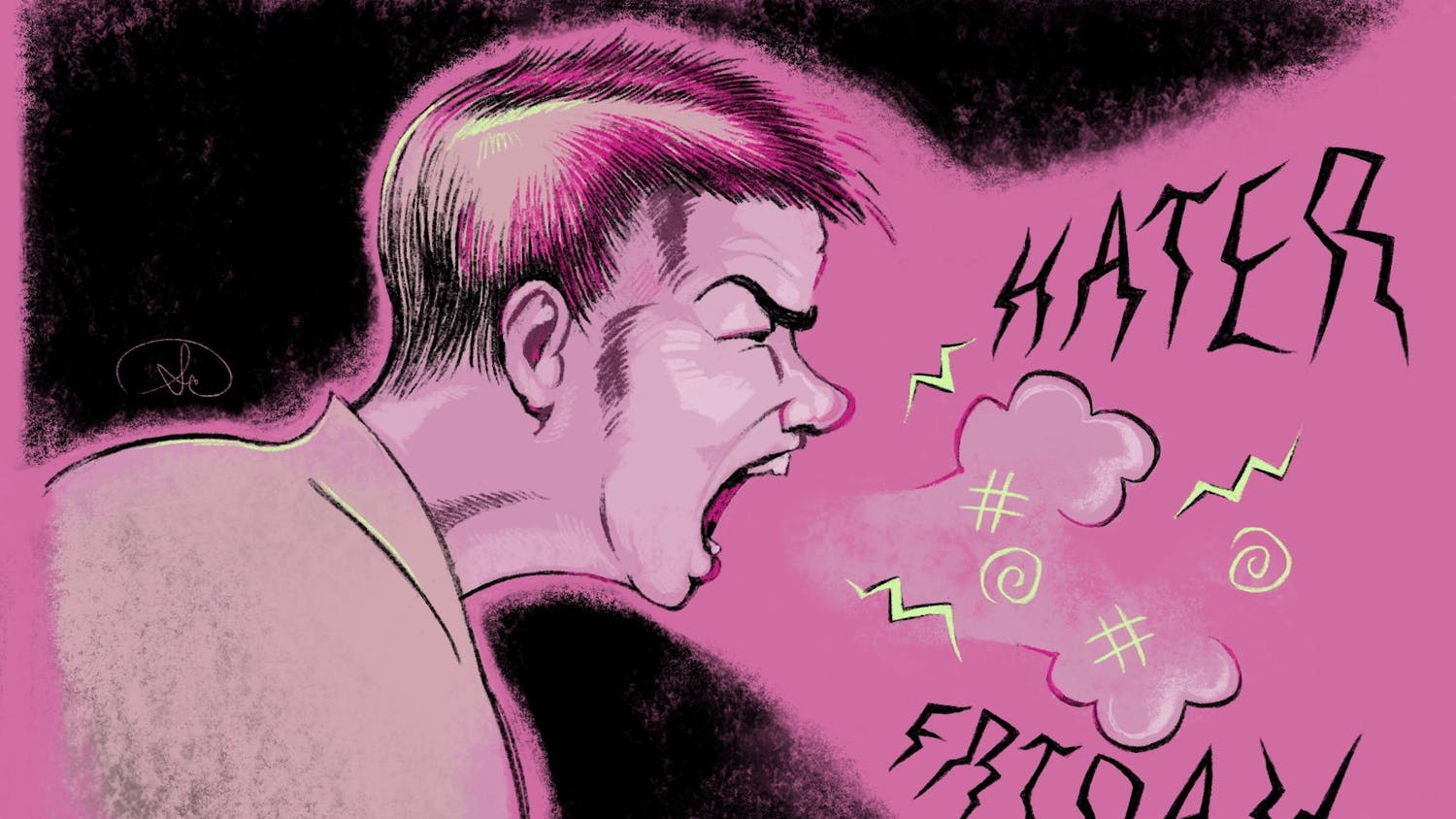Deaf Republic by Ilya Kaminsky is a collection of 59 poems of immense humanity. Structured as a two-act play, Deaf Republic is set in the imaginary (but seemingly Eastern European) town of Vasenka. In the opening scene, a soldier shoots and kills a young deaf boy. The entire town subsequently becomes deaf, coordinating resistance through sign language. The narratives of dissent and violence are juxtaposed with moving scenes of love and intimacy, particularly between the expectant couple Alfonso and Sonya. Kaminsky himself is a hard-of-hearing poet and political asylee, and the unblinking gaze that he casts on modern atrocities unsettles the conscience.
In the first poem of the book, Kaminsky describes a state of oblivion that feels all too American (“in the street of money in the city of money in the country of money / our great country of money, we (forgive us) / lived happily during the war.”). This poem and the ones that follow hold us accountable for our own deafness: our indifference in the face of atrocities.
Kaminsky’s imagination is wrought with both compassion and passion, and much of the power of the book can be attributed to the fact that he gives the reader something to love. To read Deaf Republic is to fall in love, page after page, with a drop of lemon-egg shampoo, with a mole on the shoulder of a lover, with a pint of sunlit beer. When the soldiers come, they are no longer threatening anonymous people in an anonymous town. They are threatening the very intimacy, domesticity, eroticism and joy that the reader has now become entangled in. The juxtaposition of fundamentally human things, such as the joys of the physical body, the glory of drinking vodka and of having children — with the reality of war is what makes the violence feel so jarring and unfair.
We assume that to be heard, to speak, even to shout, is fundamental to the act of protest. And yet, when Sonya holds up a sign above her head that reads “THE PEOPLE ARE DEAF,” our expectations of what constitutes protest are subverted. As Kaminsky notes at the end of the book, “The deaf don’t believe in silence. Silence is the invention of the hearing.” Kaminsky leverages what we would normally assume to be a disability into a powerful expression of protest. The deafness of the people in Deaf Republic disturbs the conscience in a way that even the most vocal protests fail to do.
Deaf Republic represents poetry at its best. Amongst brutality, lives and characters unfold that could only have been imagined by someone with a fundamental love of human life, not as a great concept, but as it actually manifests itself, in dirty bathwater, puppet shows, freckles, red socks, sex — in other words, by a poet. After reading Deaf Republic, we will never again be able to live happily during a war.
Disclosure: I have known Kaminsky not only as a reader of his work, but also as a professor. I would think that even if I had not been exposed to his poetic force in the classroom, I would still think as highly of this book.
Anika Potluri is a freshman in the College of Arts and Sciences. She can be reached at abp76@cornell.edu.











